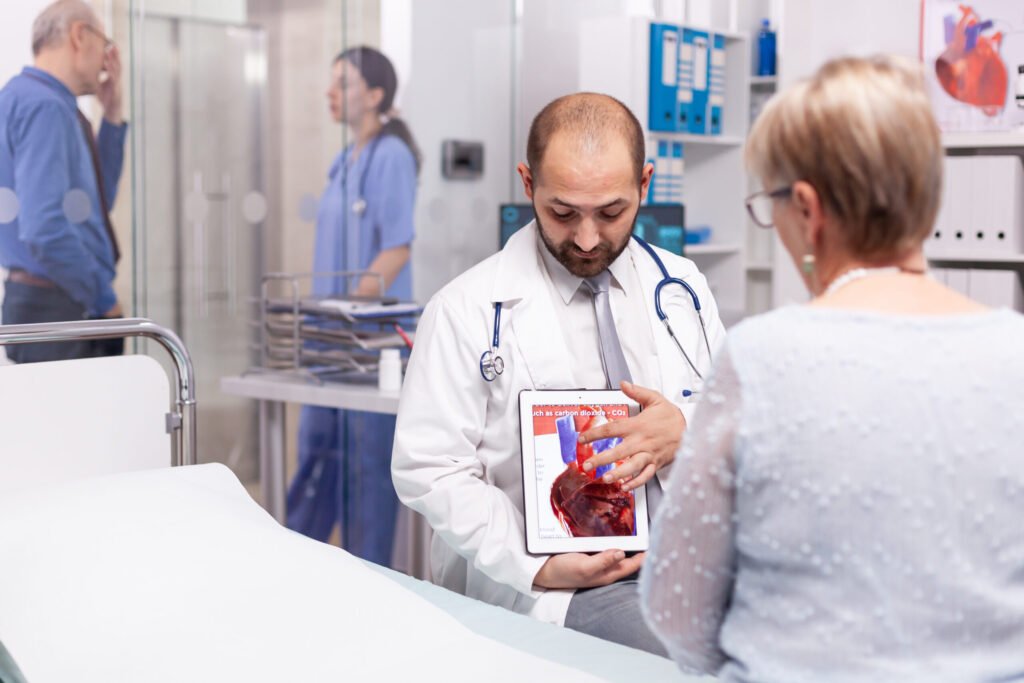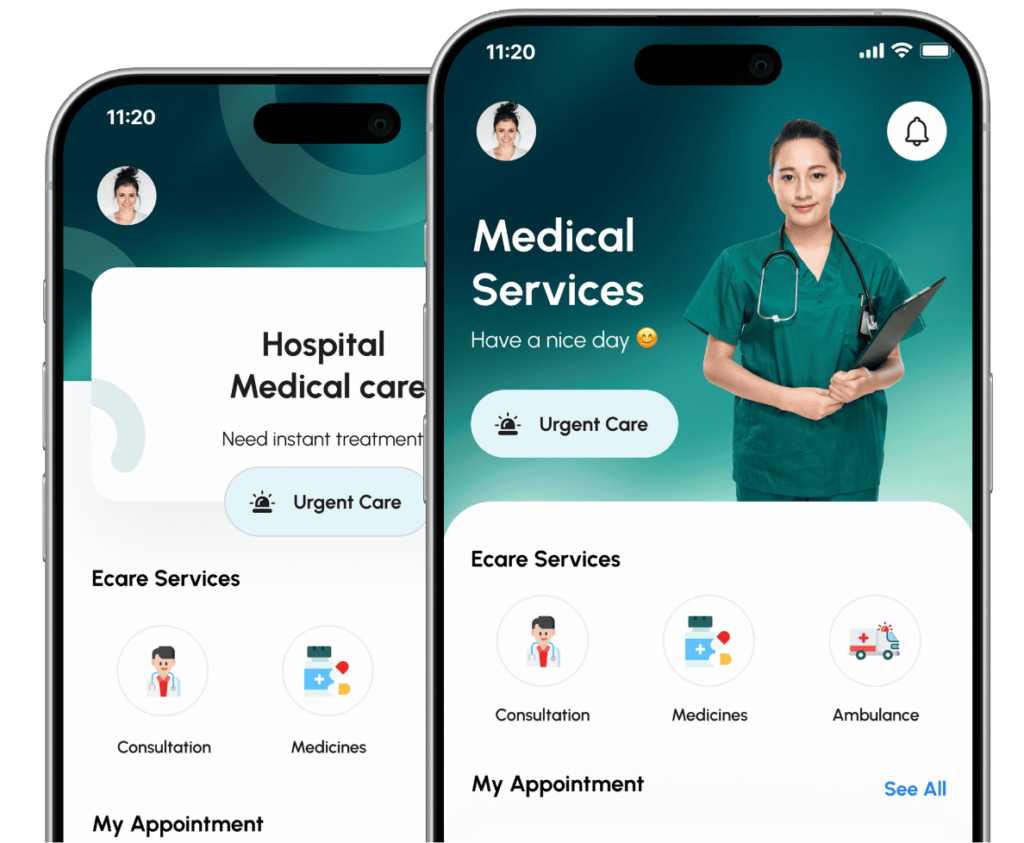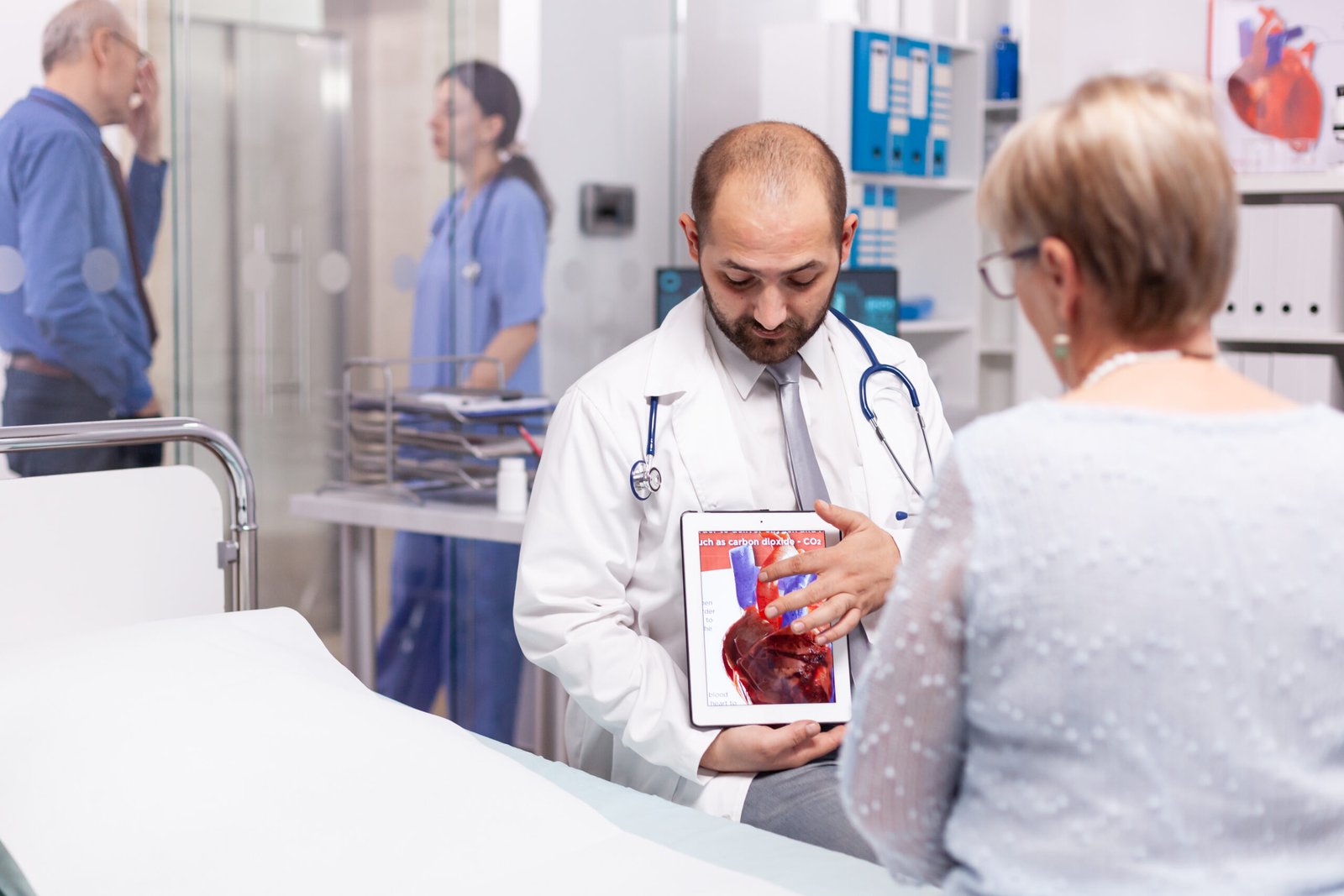Gastrointestinal (GI) cancers encompass a wide range of cancers that affect the digestive system, including the esophagus, stomach, liver, pancreas, colon, rectum, and intestines. Though these cancers can be aggressive, early detection greatly improves the chances of successful treatment and recovery. It’s crucial to be aware of the early symptoms of gastrointestinal cancers and seek medical help at the first signs of concern.
Dr. Nishant Kurian, a renowned specialist in gastrointestinal cancers, emphasizes that understanding these early warning signs can make all the difference in timely diagnosis and treatment. In this blog, we’ll explore the common symptoms that could indicate the presence of GI cancers and why early intervention is so important.
1. Unexplained Weight Loss
Unintentional weight loss is one of the most significant early warning signs of gastrointestinal cancer. If you notice sudden weight loss without changes to your diet or exercise routine, this could indicate that something is wrong, particularly with the digestive system. In the case of cancers like pancreatic or stomach cancer, weight loss can occur because the body is no longer able to absorb nutrients properly, or the cancer is affecting metabolism.
Why it’s important: Dr. Nishant Kurian advises that sudden weight loss should never be ignored, as it can be linked to a variety of GI cancers, including pancreatic cancer and stomach cancer.
2. Persistent Abdominal Pain or Discomfort
Abdominal pain that is persistent or progressively worsens should not be dismissed as something minor like indigestion. Pain in the abdomen, particularly in the upper abdomen, can be a warning sign of gastric cancer, pancreatic cancer, or even liver cancer. The pain may feel like a dull ache or sharp discomfort and can be accompanied by bloating or a sensation of fullness, especially after eating.
Why it’s important: Persistent abdominal pain can be an early sign of many gastrointestinal cancers. Dr. Nishant Kurian recommends seeking medical advice if you experience this symptom for more than a few days.
3. Changes in Bowel Movements
Any noticeable changes in your bowel habits, such as diarrhea, constipation, or more frequent bowel movements, could be early signs of colon cancer or rectal cancer. You may also experience stools that are narrower than usual, or there could be blood in the stool, which is a common symptom of colorectal cancers.
Why it’s important: Changes in bowel movements, especially when accompanied by blood in the stool, should prompt an immediate visit to a healthcare provider. Dr. Nishant Kurian emphasizes the importance of early screening, especially for individuals over the age of 50 or those with a family history of colorectal cancer.
4. Nausea and Vomiting
Frequent nausea and vomiting, particularly when they come without an obvious cause, can be an indication of gastric cancer, pancreatic cancer, or even liver cancer. If you’ve been experiencing nausea for a prolonged period, it’s important to pay attention to other symptoms and seek medical guidance promptly.
Why it’s important: Vomiting could indicate a blockage or obstruction caused by a growing tumor in the digestive system. Dr. Nishant Kurian points out that if nausea or vomiting is persistent, a thorough evaluation should be conducted to rule out cancer or other gastrointestinal issues.
5. Difficulty Swallowing (Dysphagia)
Difficulty swallowing, also known as dysphagia, can be an early sign of cancers affecting the esophagus or stomach. If you experience trouble swallowing food, liquids, or even saliva, or if you feel like food is getting stuck in your chest or throat, it’s essential to get checked. This could be a symptom of esophageal cancer or stomach cancer.
Why it’s important: Difficulty swallowing often signals a narrowing of the esophagus or stomach caused by a tumor. Dr. Nishant Kurian recommends seeking medical advice immediately to identify the cause and prevent further complications.
6. Fatigue and Weakness
Unexplained fatigue and weakness, especially when they don’t improve with rest, could indicate the presence of cancer affecting the digestive system. Cancer can cause fatigue due to the body’s struggle to fight the disease, malnutrition, or anemia caused by bleeding in the gastrointestinal tract. Colon cancer and stomach cancer are often linked to persistent fatigue.
Why it’s important: Fatigue can be a subtle but early warning sign of gastrointestinal cancers. Dr. Nishant Kurian emphasizes that if fatigue is coupled with any other symptoms, it should not be ignored.
7. Jaundice (Yellowing of the Skin or Eyes)
Jaundice is the yellowing of the skin or the whites of the eyes, often caused by problems with the liver or bile ducts. This could be an early symptom of liver cancer or pancreatic cancer, particularly if accompanied by dark urine or pale stools. Jaundice can also occur if a tumor is obstructing the bile ducts, preventing normal bile flow.
Why it’s important: Jaundice should be evaluated immediately. Dr. Nishant Kurian stresses that this symptom could indicate serious liver or pancreatic issues that require immediate medical attention.
8. Indigestion or Heartburn
While indigestion or heartburn is common and often linked to lifestyle factors, persistent or severe symptoms that don’t improve with antacids or dietary changes could be a sign of esophageal cancer or stomach cancer. Heartburn that becomes chronic and more intense should be evaluated by a doctor.
Why it’s important: If heartburn or indigestion is frequent and particularly bothersome, especially after meals, it’s important to discuss your symptoms with a healthcare provider. Dr. Nishant Kurian notes that these symptoms should not be written off as simple acidity, especially if they are becoming progressively worse.
9. Unexplained Blood in Stool or Vomit
Finding blood in stool or vomit is a clear warning sign that you need to see a doctor immediately. Blood in the stool may appear bright red or dark and tarry, and could indicate colon cancer, rectal cancer, or gastric cancer. Blood in vomit may appear as fresh blood or look like coffee grounds, signaling potential esophageal cancer or gastric cancer.
Why it’s important: Any trace of blood in the stool or vomit is a red flag that demands immediate investigation. Dr. Nishant Kurian advises not to delay seeking medical attention if you notice this symptom.
10. Anemia (Low Red Blood Cell Count)
Unexplained anemia, particularly if you’re feeling tired, pale, or short of breath, can be an early sign of gastrointestinal cancers, especially those affecting the colon, rectum, or stomach. Chronic bleeding from a tumor, often unnoticed in the stool, can lead to anemia over time.
Why it’s important: Anemia is often a symptom of internal bleeding and should be checked thoroughly. Dr. Nishant Kurian encourages routine screening for gastrointestinal cancers in people who have unexplained anemia.
When to See Dr. Nishant Kurian:
If you’re experiencing any of the above symptoms, it’s important to consult a medical professional like Dr. Nishant Kurian, who specializes in gastrointestinal cancers. Early detection is crucial for effective treatment, and Dr. Kurian’s expertise in diagnosing and treating GI cancers can help you navigate this challenging health journey.
Dr. Nishant Kurian offers comprehensive evaluations, including advanced diagnostic tests and personalized treatment plans tailored to your specific needs. Early intervention is key, and seeking medical attention sooner rather than later can significantly improve your outcomes.
Conclusion: Don’t Wait – Act Now
Gastrointestinal cancers may not always present with obvious symptoms early on, but the signs that do appear shouldn’t be ignored. If you experience any persistent or unusual symptoms, particularly those related to digestion, bowel movements, or abdominal pain, it’s crucial to consult with a specialist like Dr. Nishant Kurian. Early detection and treatment are vital for improving the prognosis and achieving better outcomes in gastrointestinal cancers.
Don’t wait for the symptoms to worsen — schedule an appointment with Dr. Nishant Kurian today to discuss your concerns and get the best possible care.






